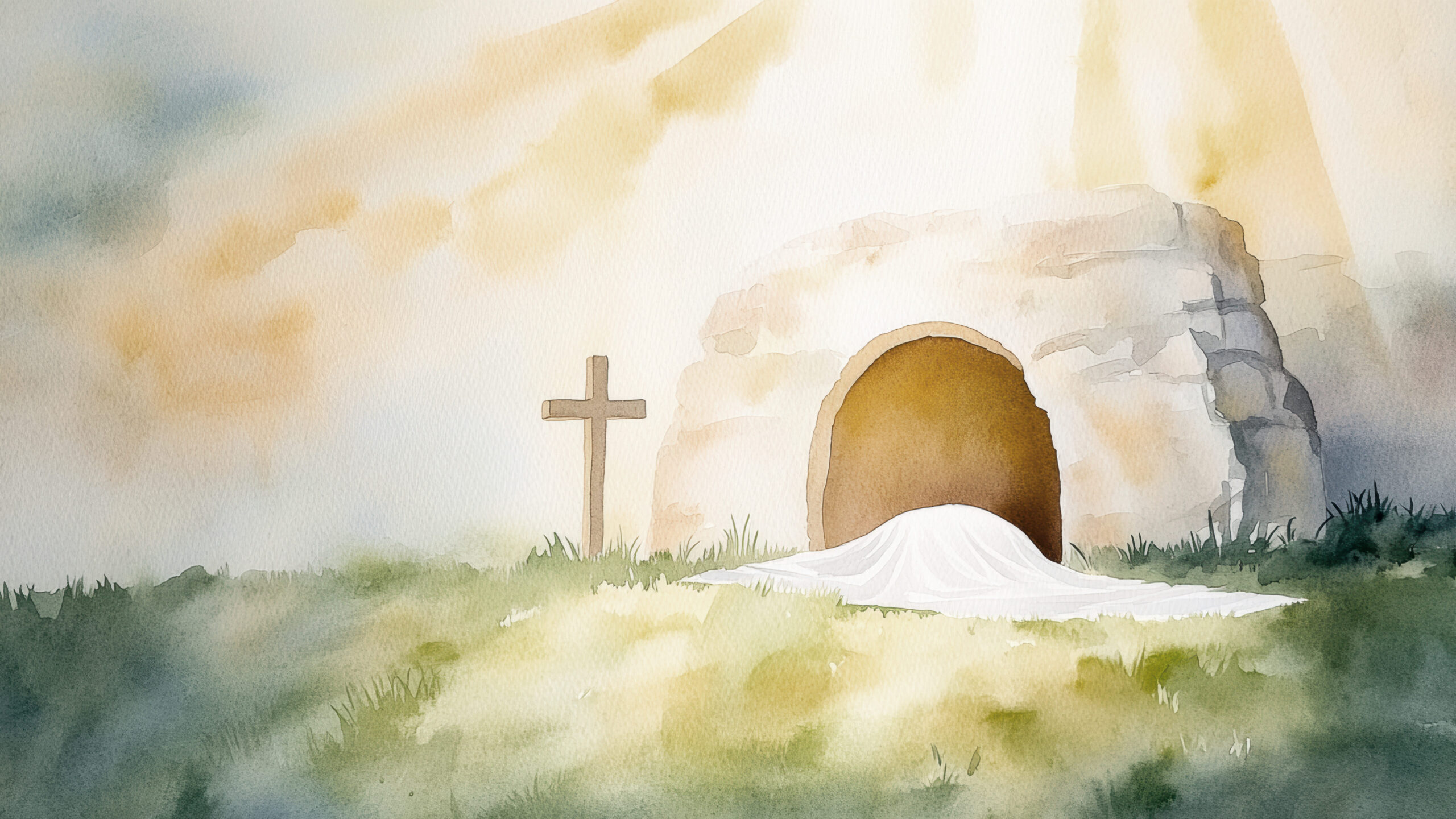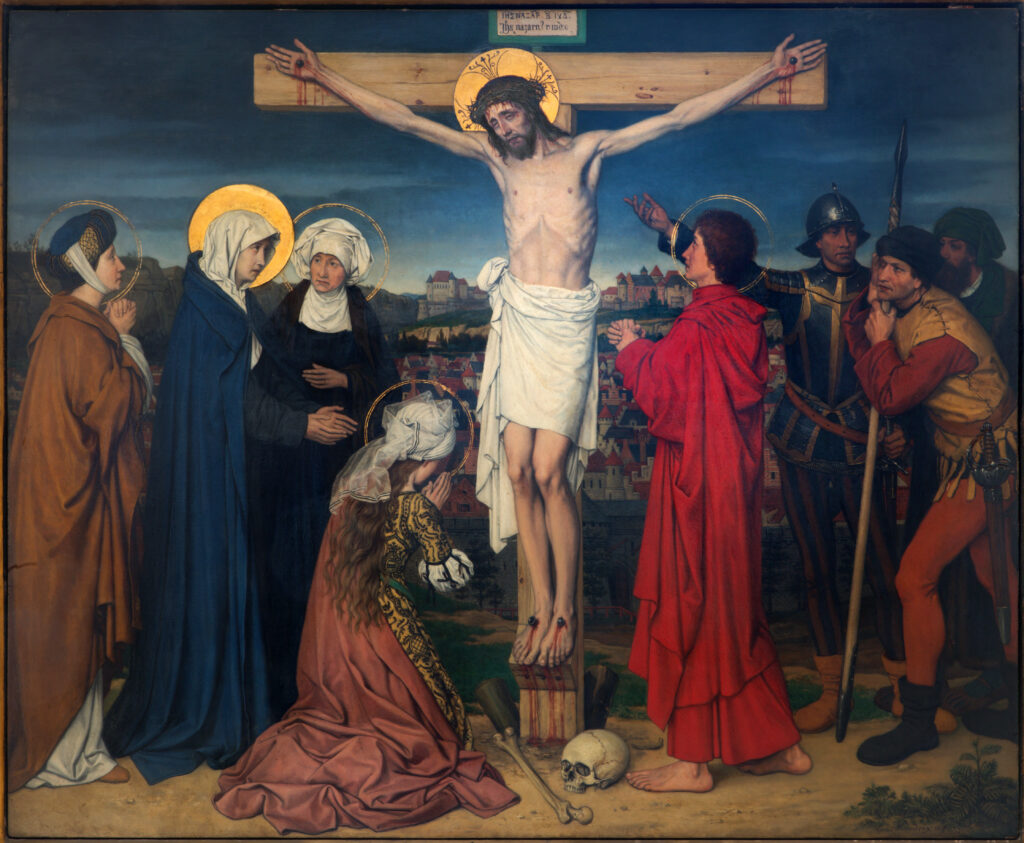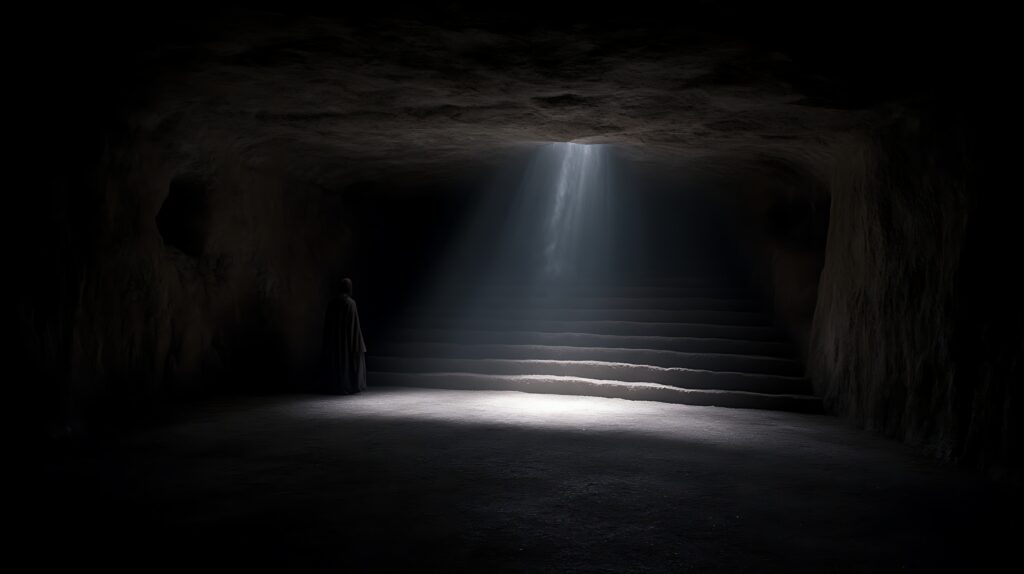
Easter Sunday — Hope Never Fails
By Bishop Emeritus Felipe Estévez, Diocese of St. Augustine
Christ is Risen, Alleluia!
As we celebrate the Lord’s triumph over death, I can’t help but think of the men in my own state of Florida whose lives have recently been taken by capital punishment. I pray that Edward James, who was executed on March 20, and Michael Tanzi, who was executed on April 8, may rest in peace.
I pray also for Moises Mendoza, James Osgood, and Jeffrey Hutchinson, who despite our consternation, are scheduled to be executed in the coming weeks in Texas, Alabama, and Florida. We pray for wisdom and spiritual support for these men. The prolonged wait to be killed is, simply put, a form of cruel torture in a society that considers itself civilized.
I had the special opportunity to visit with Michael Tanzi before his life was taken by the state. His spiritual director, Ernie Bono, asked me to bring him holy Communion and the last rites— the sacraments of the sick and dying—two days before his scheduled execution.
As St. John Paul II so often affirmed, the death penalty today is unnecessary. Pope Francis has further declared that it is inadmissible. For those who have committed terrible violent crimes, life in prison is enough punishment. Only God should determine the day we are born and the day we die. Incarcerated people never lose their inherent, transcendental and infinite human dignity.
As Pope Francis reminds us, this is the principal reason the death penalty must be abolished—not only in Florida but in every state in our country. True justice does not promote the ancient axiom “an eye for an eye” (Exodus 21:23–27; Leviticus 24:19–21).
That has been superseded by the new covenant proclaimed by Christ: “Father, forgive them, for they know not what they do.” Every Christian who prays the Our Father echoes that same mercy when we say, “forgive us our trespasses as we forgive those who trespass against us.”
In the 21st century, our criminal justice system must move away from punishment inspired by vengeance and toward a model of humane rehabilitation, restorative justice, and genuine reconciliation. Yes, to law and order. Yes, to a safe society. Yes, to justice for victims. But no to the extreme and final act of killing human beings which diminish all of us citizens.
Our celebration of Easter today did not come without first passing through Good Friday, when all of us were invited to kiss the cross. Why? Because our Savior, a prisoner, was killed by the state despite being entirely innocent.
The incredible paradox of God’s mercy is that Jesus, the true Lamb, healed all of humanity from sin and death. And the prisoner next to him—Dismas—was the first to be saved.
When I visited the house of Simon Peter, I saw an inscription on the wall: O crux, spes nostra— O cross, our hope. In this Jubilee Year of Hope, as the death penalty continues to be carried out in Florida at an accelerating pace, we are called to pray without ceasing for its permanent abolition. We do so in hope, relying on the one who sits gloriously on the throne of the universe and says: “Behold, I am making all things new” (Revelation 21:5).
I dream and pray that one day soon the state of Florida will end the violent practice of the death penalty once and for all—forever—because it is simply antiquated. Florida must embrace what is truly new.
Hope never fails.
As we celebrate the Resurrection, may we each consider:
- How will we bring Easter hope to the world around us?

Bishop Emeritus Felipe Estévez
Bishop Emeritus Felipe Estévez was Bishop of the Diocese of St. Augustine from 2011 to 2022. In April 2025, he delivered communion and last rights to Michael Tanzi, who was executed by the state of Florida on April 9, 2025.




